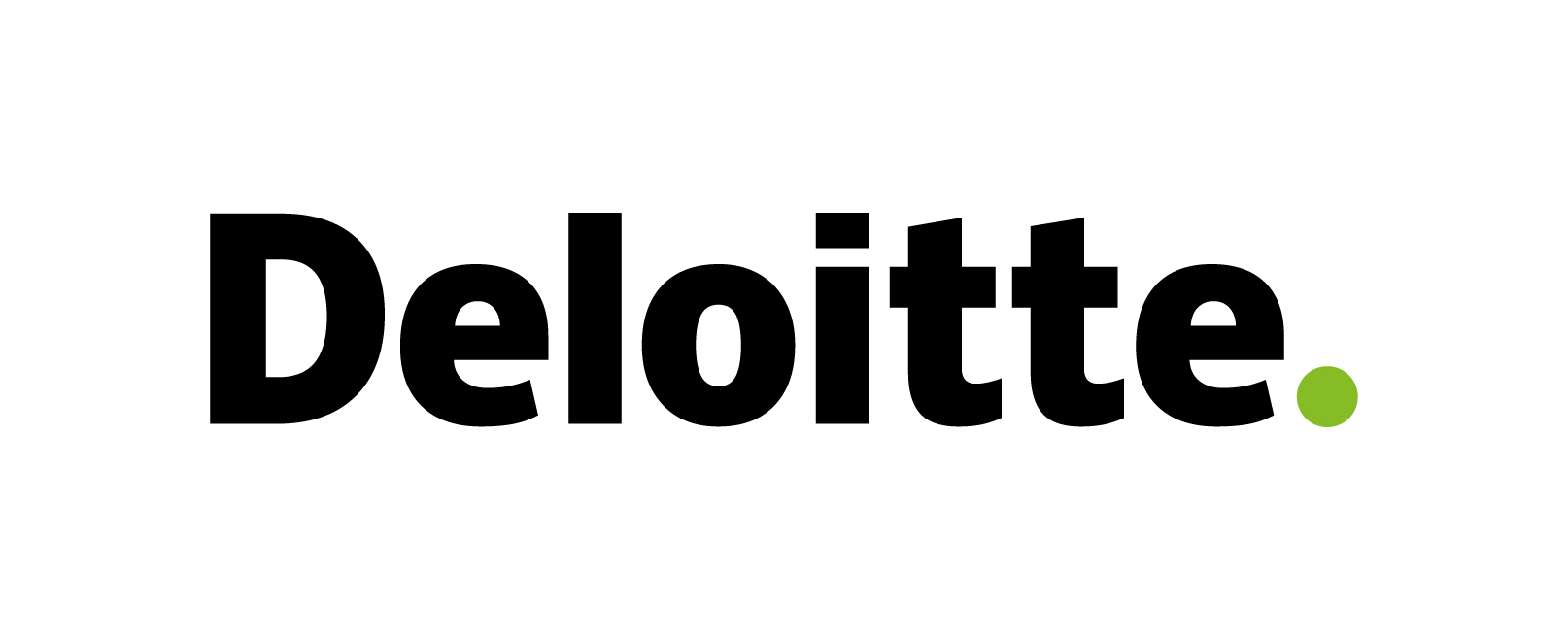Bersin by Deloitte Research: Campus Recruiting Takes on Heightened Significance as Organizations Struggle to Fill Critical Talent Gaps
Setting up on-campus tables is no longer enough to sustain effective college recruiting programs
OAKLAND, Calif., March 17, 2015 /3BL Media/ -- College campus recruiting is playing a greater role in many organizations, yet many of these same organizations could do more to drive innovation and impact in their campus programs. Those are the findings of a new research report from Bersin by Deloitte, "Developing an Effective Campus Recruiting Program."
Summarized in a WhatWorks® Brief, the findings show that campus hires can provide organizations with a consistent pool of workers in today's talent-constrained global business world. More than 70 percent of large organizations hire interns to fill full-time positions.iCampus recruitment can deliver additional strategic benefits by helping organizations manage talent gaps and elevate their profiles as potential employers on campuses. It also can bring fresh and diverse perspectives to the organization on topics ranging from technology to contemporary workplace policies. However, simply setting up a table at college recruiting events is no longer enough to sustain an effective campus program.
"Given the scarcity of available candidates for many positions today, more organizations are making well-rounded campus recruiting programs a significant component of their talent acquisition functions," said Robin Erickson, vice president, talent acquisition research, Bersin by Deloitte, Deloitte Consulting LLP. "There are compelling business reasons for increased commitment to these programs. For example, according to the National Association of Colleges and Employers, campus programs boast high retention rates with almost 70 percent of campus hires remaining with an organization after five years. This is good news, given that employee turnover can be costly. But to reap the benefits of campus recruiting, organizations recognize they need to take a more strategic approach and demand measurable results."
For example, one global organization found that a new campus recruiting program was not converting enough MBA interns into full-time hires, resulting in lost return on investment. A root-cause analysis showed that while interns reported having positive experiences, they wanted a more structured internship experience. The organization subsequently implemented several changes. These included individual work plans that provided interns with opportunities to develop professional skills in their functional areas, a structured group project, and networking events to give interns exposure to different areas of the business. With these few enhancements, the organization realized a 45 to 50 percent increase in the offer-to- acceptance ratio during the next year and set the foundation for future innovation across the organization's talent acquisition function.
"This illustration demonstrates that a well-run recruiting program requires year-round commitment, planning, and support from the business," said Erickson.
To help organizations assess the current state of their campus recruiting programs and identify opportunities to develop a strategic approach, the research provides six critical steps:
- Create a compelling business case. Present convincing business reasons for increased investment and commitment to campus programs, such as how they can tap rich talent pools, reduce turnover, and help build leadership pipelines. Presenting a clear vision for your recruiting efforts is critical to creating an effective program.
- Identify stakeholders and decision-makers. A large number of individuals need to champion, support and ultimately manage program development and implementation. Executive buy-in and support are likely to contribute to the overall success of a campus program.
- Develop strategy and tactics. A campus recruiting program may satisfy a variety of needs, from traditional internships and cooperative programs (traditionally at least three work terms alternated with school terms) to entry-level positions and even experienced hiring. Organizations should align their campus recruiting initiatives with their overall talent acquisition strategy and develop a work plan.
- Determine a budget. Some campus recruiting programs fail to launch due to lack of financial support from leadership. Set a realistic budget and look for ways to optimize efforts by using niche job posting sites, hosting virtual job fairs, and partnering with local universities.
- Align resources. As the need to hire more skilled entry-level staff and interns in competitive fields grows, organizations should look to individuals from the business, former interns, and college alumni networks to help align campus strategies and program execution.
- Ensure sustainability. Delivering a sustainable program requires anticipating emerging business needs and continued identification of the successes and shortcomings of a current campus recruiting program. Assessing the ROI and value of the program will likely be the truest measure of a program's success.
Register to join Robin Erickson, Ph.D., vice president, talent acquisition research, Bersin by Deloitte, Deloitte Consulting LLP andDenise Moulton, senior research analyst, Bersin by Deloitte, Deloitte Consulting LLP, for an online webinar, Going Back to School: Developing a More Effective Campus Recruiting Program, February 24, 2015 2:00 p.m. ET / 19:00 GMT
Those interested in learning more about Bersin by Deloitte or its WhatWorks® membership may email info@bersin.com or call +1 510 251 4400.
About Bersin by Deloitte
Bersin by Deloitte delivers research-based people strategies designed to help leaders and their organizations in their efforts to deliver exceptional business performance. Our WhatWorks® membership gives Fortune 1000 and Global 2000 HR professionals the information and tools they need to design and implement leading practice solutions, benchmark against others, develop their staff, and select and implement systems. A piece of Bersin by Deloitte research is downloaded on average approximately every minute during the business day. More than 5,000 organizations worldwide use our research and consulting to guide their HR, talent and learning strategies. For more information, please visit http://www.deloitte.com/bersin or http://www.bersin.com.
As used in this document, "Deloitte" means Deloitte Consulting LLP, a subsidiary of Deloitte LLP. Please seehttp://www.deloitte.com/us/about for a detailed description of the legal structure of Deloitte LLP and its subsidiaries. Certain services may not be available to attest clients under the rules and regulations of public accounting.
i Source: "Infographic: Internships Survey and 2014 Internship Trends," Internships.com, January 23, 2014,http://www.internships.com/eyeoftheintern/news/idc-news/internships-survey-2014-internship-trends/

